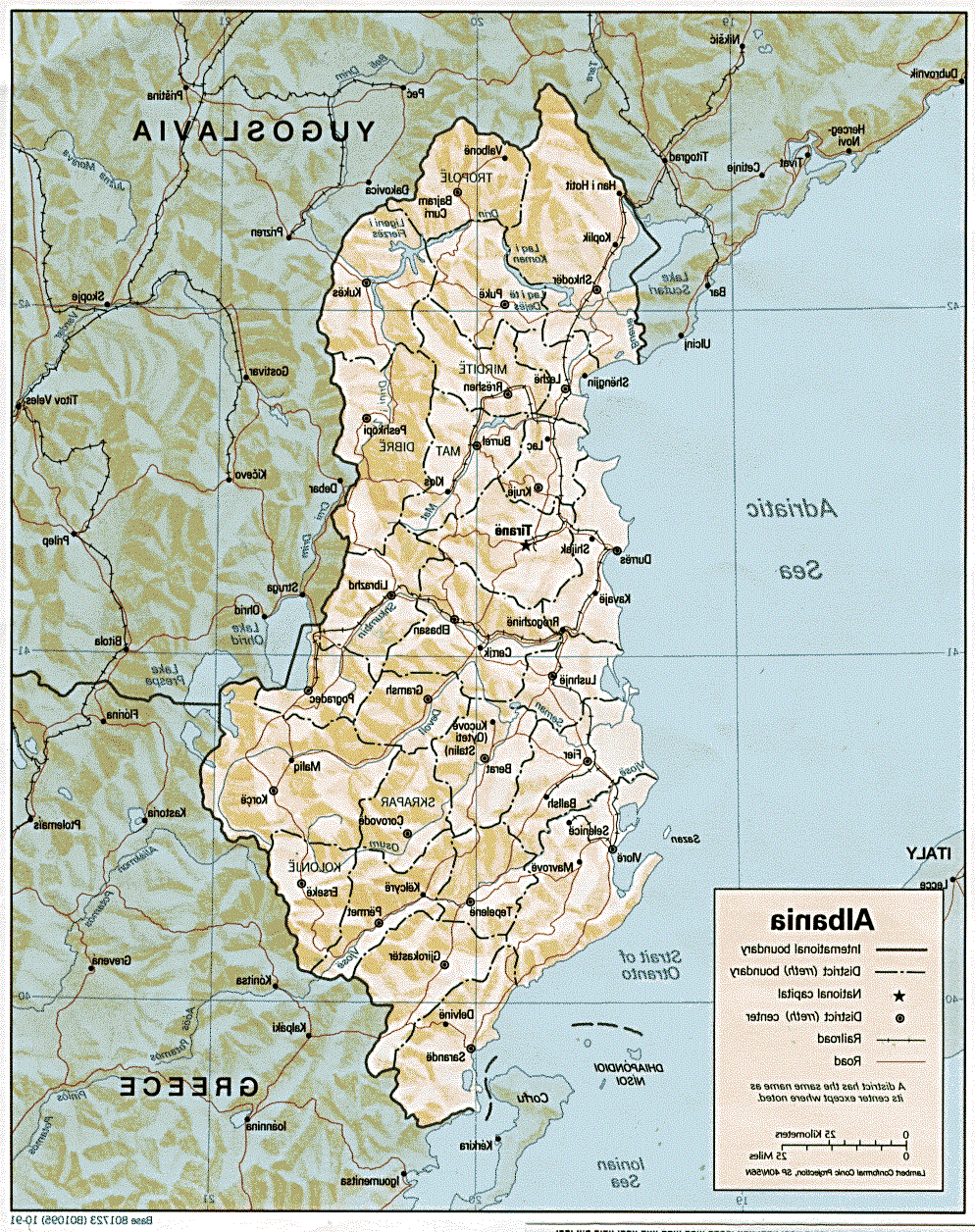Kate Cayley
My greatest fear in writing poetry is that it will stop.
My other fear is that I have no idea what “it” is.
As soon as I began to be serious about writing poetry, meaning that it was more than a flurry of narcissistic excitement, writing it became tentative, apologetic. Who isn’t a little apologetic about writing poetry, really? It’s such an odd thing to do—a process of elimination. It’s not a story, or a song, or an essay, or a reflection, or a memoir, or a piece of reportage, but it contains elements of all those things—what remains behind when the trappings are removed.
It is a compression of thought and music into a very small, very modest space. So small, it’s always on the verge of disappearing. What are you even in pursuit of? A recognizable “I”? But the “I” of the poet is a fiction—a voice that is too precise, too conscious of itself, to be anything other than a heartfelt construction. I am not interested in I, not for writing purposes. It doesn’t feel tangible. It’s as elusive as the world, or more so.
As a poet, I need a subject—a large one, a far-removed one—art forgery, photography, Emily Dickinson, the history of flight. But I wonder if this is a form of obfuscation, of avoidance. Here is my subject. See how interesting it is. It neatly sidesteps the bigger question of what it is. There’s so much colour. You won’t notice the scaffolding sags, the foundation is leaking.
Auden, who I read a lot, said repeatedly (he was a crank, like me) to different people that, if there was any point at all in teaching poetry, which there wasn’t, he would teach only technical mastery. And I agree, except I can’t, because the technique of poetry has never yielded much to me, unless those rules move in my blood without my knowing it, as instinctive rhythm, but that is a tall order, very unlikely as well as romantic/Romantic. I think we live in a period of dissolution, of scattering, so it must be inhabited, as a poet. There isn’t really a choice. Just try to inhabit it as unaffectedly as possible. Which is tricky.
Poetry is borrowed time. Bartered awkwardly or gracefully from other work, children, partners, failures of noticing, failures of discipline, failure. Maybe that’s what it is? An awareness of the way time is borrowed—all of it? Maybe. Maybe if I got nearer to knowing what poetry is, I could stop being afraid that it would stop. Because writing it seems so lucky, so fortuitous, surely that can’t continue? I know I’ve been lucky, I’ve gotten a lot of undeserved blessings in my life thus far—but that lucky?
Or maybe if I figured out what it is, it would stop: it’s the tension of the unexplainable.
Simone Weil wrote “no true effort of attention is ever wasted.” I like this very much—that attention is an effort, a striving, and also that it carries something, holds something essential, even when that thing is not obvious and may never be obvious. That it, and we, are not wasted. Maybe poetry is evidence of the effort of attention that is not wasted. That’s probably enough.
Kate Cayley is a poet, playwright and
fiction writer. Her first collection of poetry, When This World Comes to an End, published in 2013 by Brick Books, was named one of the season’s best
collections by The Globe and Mail. She is a playwright in residence at Tarragon Theatre, and her play, After Akhmatova, was produced there in
2011. She is the artistic director of Stranger Theatre, and has co-created,directed and written eight plays with the company. She has also written a young
adult novel, The Hangman in the Mirror (Annick Press), which won the
Geoffrey Bilson Award for Historical Fiction. Her poems and short stories have
appeared in literary magazines across the country, and her first collection of
short fiction, How You Were Born, will be published in September. She
lives in Toronto with her partner and their two children.




